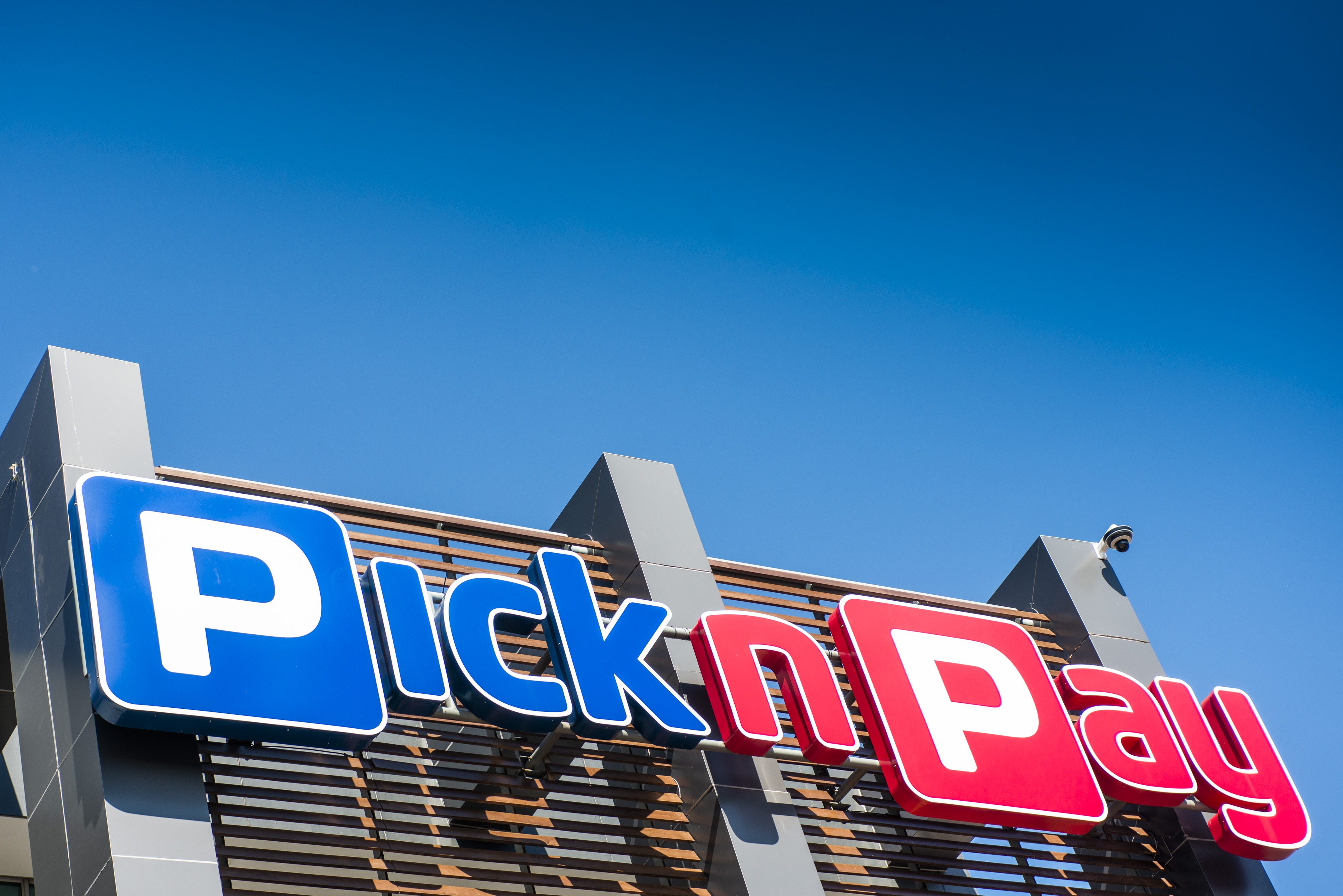Pick n Pay remains a story of two segments: Boxer and Pick n Pay. The former is a powerhouse, growing 12% for the 26 weeks to 25 August and 7.7% on a like-for-like basis. The latter is a sad and sorry state of affairs, with Pick n Pay SA up 0.1% overall and 1.1% on a like-for-like basis.
Before you get excited about growth at least being positive, remember that selling price inflation was 4.3% for the period. This means that volumes were once again negative, reflecting consumer preferences and Pick n Pay walking away from its worst stores.
Oddly, company-owned supermarkets are outperforming franchise supermarkets – and by a significant margin. Pick n Pay’s franchise base is important to the group and this situation will need to be turned around. Then again, the corporate supermarkets can’t even show positive volumes growth at the moment, so there’s still a long way to go in the stores that Pick n Pay has full control over.
The headline loss per share is expected to worsen by between 20% and 30%, excluding hyperinflation in Zimbabwe. Despite such an awful interim period, the group expects the full-year numbers to be better than last year. Most of this improvement, if it materialises, is likely to come from interest cost savings after Pick n Pay raised equity to reduce debt.
Many vowels – and growth at Karooooo
After a growth wobbly during Covid, Karooooo (the owner of Cartrack) is going from strength to strength. The difficulties of lockdowns and their impact on the sales strategy are well behind it now, and the latest quarter reflects a 17% increase in subscribers and a 31% increase in adjusted earnings per share.
The recurring revenue nature of the group is its major appeal for investors, and subscription revenue is up 15%. This suggests a modest decrease in average revenue per subscriber, and currency distortions are part of the explanation there.
Cartrack’s operating profit increased by 16%; the rest of it came from Karooooo Logistics. The strategic misstep of Carzuka is thankfully history and the group wasn’t too proud to shut it down and walk away, a decision that investors (like me) were grateful for. With the share price up 57% this year, there’s plenty to smile about.
And now for a reality check
The ArcelorMittal share price started to look like a meme stock recently as news of stimulus packages in China drove it more than 50% higher in the space of a few days. The gains have subsequently reversed completely, so those who bought the momentum and got out in time will be feeling proud of themselves and everyone else will wonder what on Earth happened.
This is a lesson in how markets work: prices move based on sentiment and then based on fact, often in two different directions. ArcelorMittal’s business has been severely affected by Chinese steel flooding global markets, a result of poor domestic demand in China. Stimulus packages should improve this situation in China, leading to less pressure on international markets as well. In fact, given the level of imports into South Africa, ArcelorMittal would experience improved conditions in its domestic market as well.
This is why the initial share price move made sense, as punters got behind the China story and what it could mean for the group. Things just got way too hot, though, and there are still two major problems here.
The first is that stimulus will take a long time to filter through into the construction industry in China, so there are no quick wins. The second is that ArcelorMittal is facing immense financial challenges, confirmed by an announcement that the group made an Ebitda loss of R466-million in the latest quarter versus positive Ebitda of R52-million a year ago.
ArcelorMittal is desperate for the government to make regulatory changes to support the industry, without which the longs business is headed for closure and an economic disaster for the people and areas that depend on that business. It feels like help from the South African government is needed long before the Chinese stimulus benefits come through. DM
This story first appeared in our weekly Daily Maverick 168 newspaper, which is available countrywide for R35.






